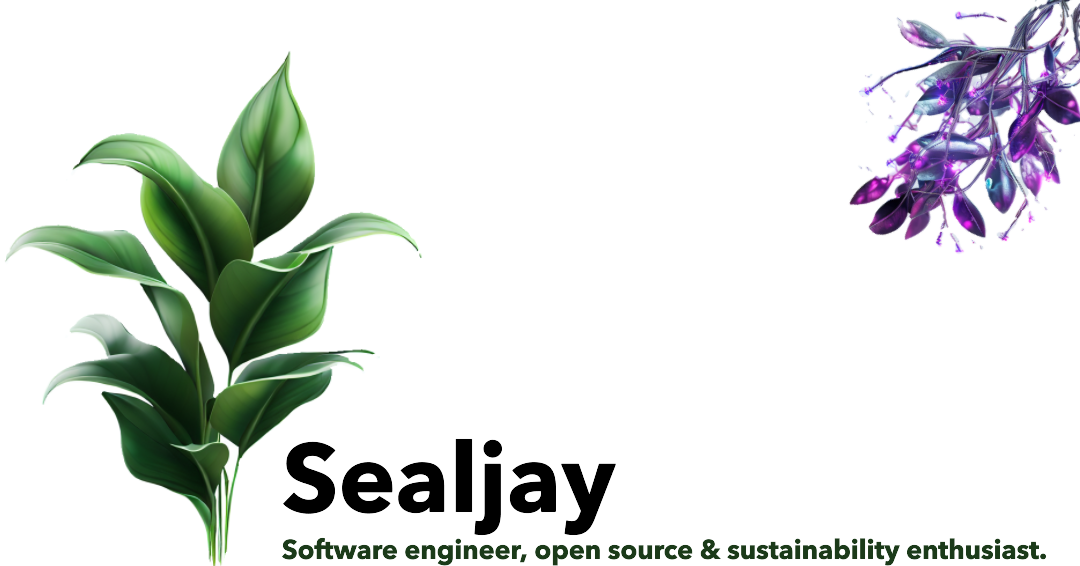The Metaverse - finally here?

Heads up! This information might be outdated since it was last updated over a year ago. Please double-check the information before relying on it.
Aside from (quite a few!) talks recently, around querying Azure Digital Twins with PowerBI, I’ve been pretty quiet. Why is that? Well, I’m finishing up my masters degree at the University of Edinburgh, focussed in the areas of AI, human interaction, and… how do we make human connections?
So, why am I talking about this? Well as I’ve been working on my research, I’ve found that real life events are rapidly providing fodder, and almost too many topics and avenues to look at.
Some of the topics I’ve been exploring include…
- Procedurally generating virtual spaces from a 3D map
- Using AI and ML to make virtual spaces seem real
- Connecting two physical spaces to make them feel seamlessly connected, like a window
And almost every single time, I find an open source project, or commercial research springing up to look in the same field. And that’s amazing! I take it to mean I’m on the right track.
From HoloPortation from Microsoft Mesh, Mozilla Hubs, and the Confidential Consortium Framework, to devices from Google, Amazon and Facebook which connect two places… the main thread that seems to link these together, is that we’re seeing an increase in services and design to provide security, trust, connection, and infrastructure to connect multiple parties across space.
The Metaverse!
This brings me to the Metaverse. The term Metaverse was coined by William Gibson, and in my opinion, is broadly used to refer to the totality of the world, connected and underpinned by the internet. For example, using augmented reality to navigate around a store, using virtual reality to host conferences, and generally melding the physical and digital world into one.
I think we’re now at the tipping point. We have competing standards to consider, competing technologies, but societal trends such as white-collar home working, digital driving licences, and the rise of interest communities as the main connector of people, rather than work, friends, or family seem to be bringing some version of the Metaverse to life.
This brings problems - how do we include everyone? In the same way that Clubhouse, and similar audio tools can enfranchise and inadvertently disenfranchise groups… who is this excluding? But the future rushes towards us (whether or not we like it) - let’s all keep an eye on progress, so we can share in a better future for all.
Footnote -
This topic has intersected nicely with my professional life too, having recently (shameless plug) co-ordinated a new project around Digital Twins for Smart Buildings and Virtual Spaces, which won Gold for IoT Analytics solution 2021 at the International Business Awards, and was shortlisted for IoT project of the year & VR project of the year at the National Tech Awards.
My professional work with AltSpace, creating a VR Space and Digital Twin for Avanade’s London Office